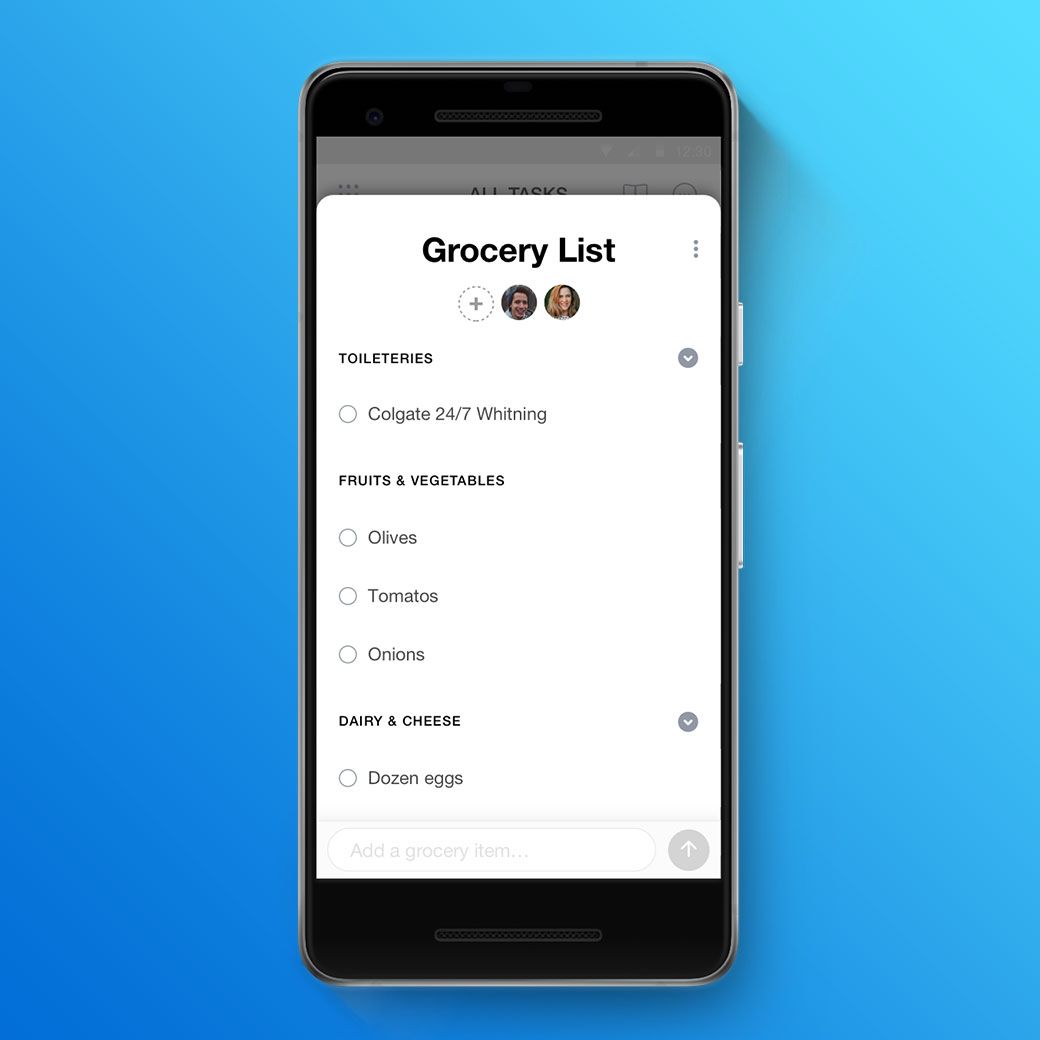A productivity app in need of a more productive localization workflow
If you've ever thought that there aren’t enough hours in a day, the award-winning productivity app Any.do might help you get more out of your day. The multi-platform app includes features such as a powerful to-do list, beautiful calendar, daily planner, recurring reminders, and more. In addition, the app has various extensions and integrations and allows its users to stay organized, manage projects and tasks more efficiently, and generally, get more done.
Based out of Tel Aviv, the app is used by millions of people around the globe each day, with the majority of its users coming from the USA, Europe and Asia. To date, the app is localized into dozens of languages, and more languages are in the pipeline.
''We always understood that as a global company building a global product, localization has to be a big part of what we do.''
According to the company's co-founder Yoni, Any.do has always had some localization processes in place. But, at the same time, the team was also constantly looking for ways to improve these processes and make them less cumbersome.
Before Lokalise, Any.do used a different translation management system (TMS) called Get Localization. However, it didn't fully meet the team's needs.
The thing is, the majority of Any.do's translations are crowdsourced. In practice, that means that any user of the app can access the company's Lokalise account and add translations in their desired language.
Efficient communication with such a massive number of translators was something that was not possible with previous solutions.
Currently, there are over 1,000 translators from the app's community participating in its localization, overviewed and managed by the Any.do's support team.
Omer, Any.do’s co-founder and CEO stresses that by entrusting translation of their product to the community, the app benefits in many ways. Most importantly – it helped accelerate growth by making translations more accurate and helping ensure that the language used clearly describes what the product actually does.
Why Lokalise? Here's why.
Smooth and efficient management of translators was a major challenge, but there were other reasons why Any.do chose Lokalise over other alternatives. Perhaps the most important one was its API, thanks to which the team now automates many processes in their localization workflow.
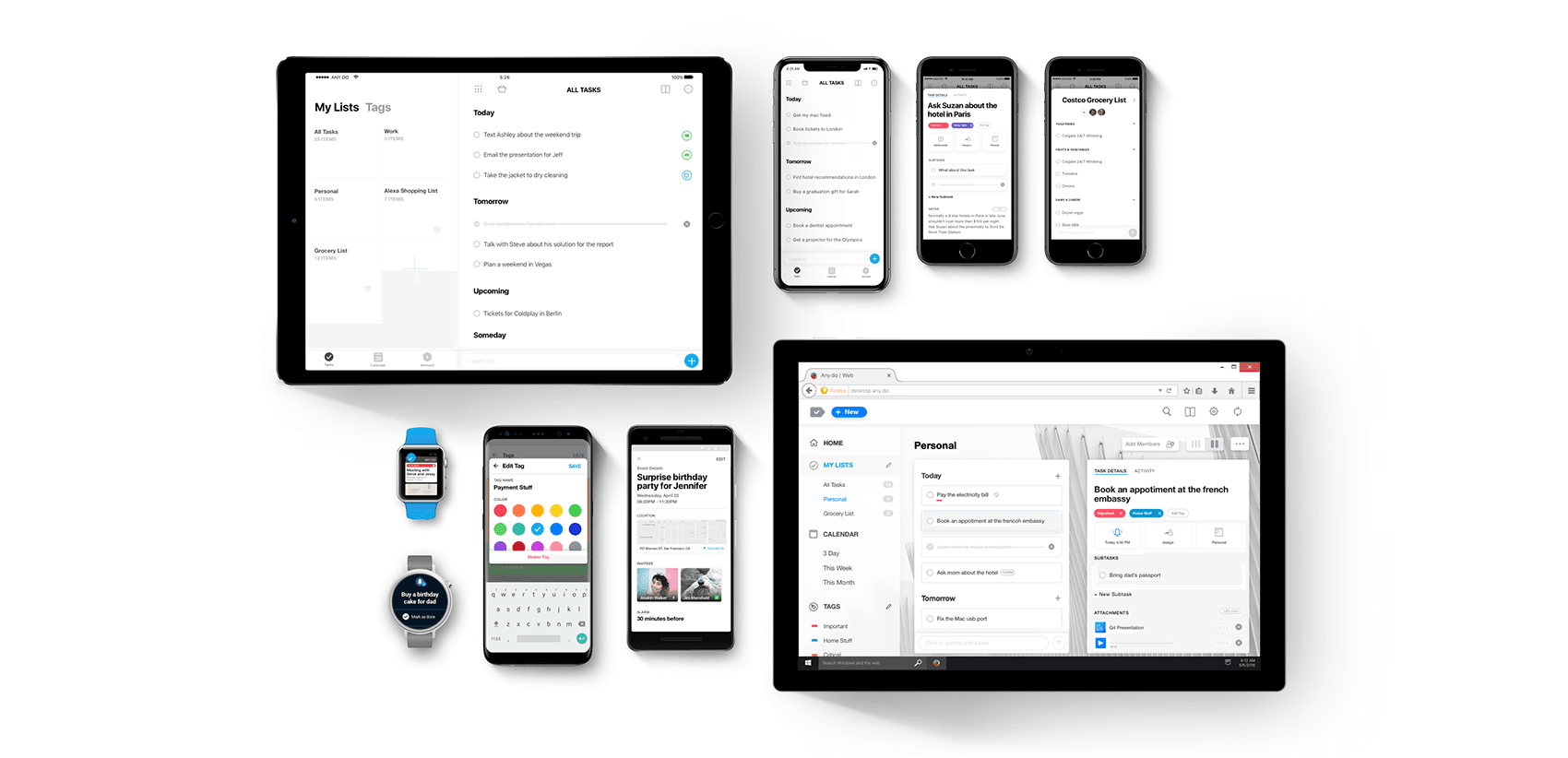
''We wanted something that would integrate seamlessly with the development and release processes we already had. Lokalise API allows us to pull translations from our repositories and push them to Lokalise as well as do the export in the other direction.''
''Another thing – we are currently mainly translating mobile applications, so we needed a solution that would support Android and iOS string formats and localization files,'' Perchik adds. They also wanted their TMS to be able to provide the transparency that would allow them to see which languages need more translators and to be able to identify inactive users that can be removed.
In the end, Yoni concludes: ''We considered different solutions, and then we came across Lokalise which seemed like a good fit for what we were looking for.''
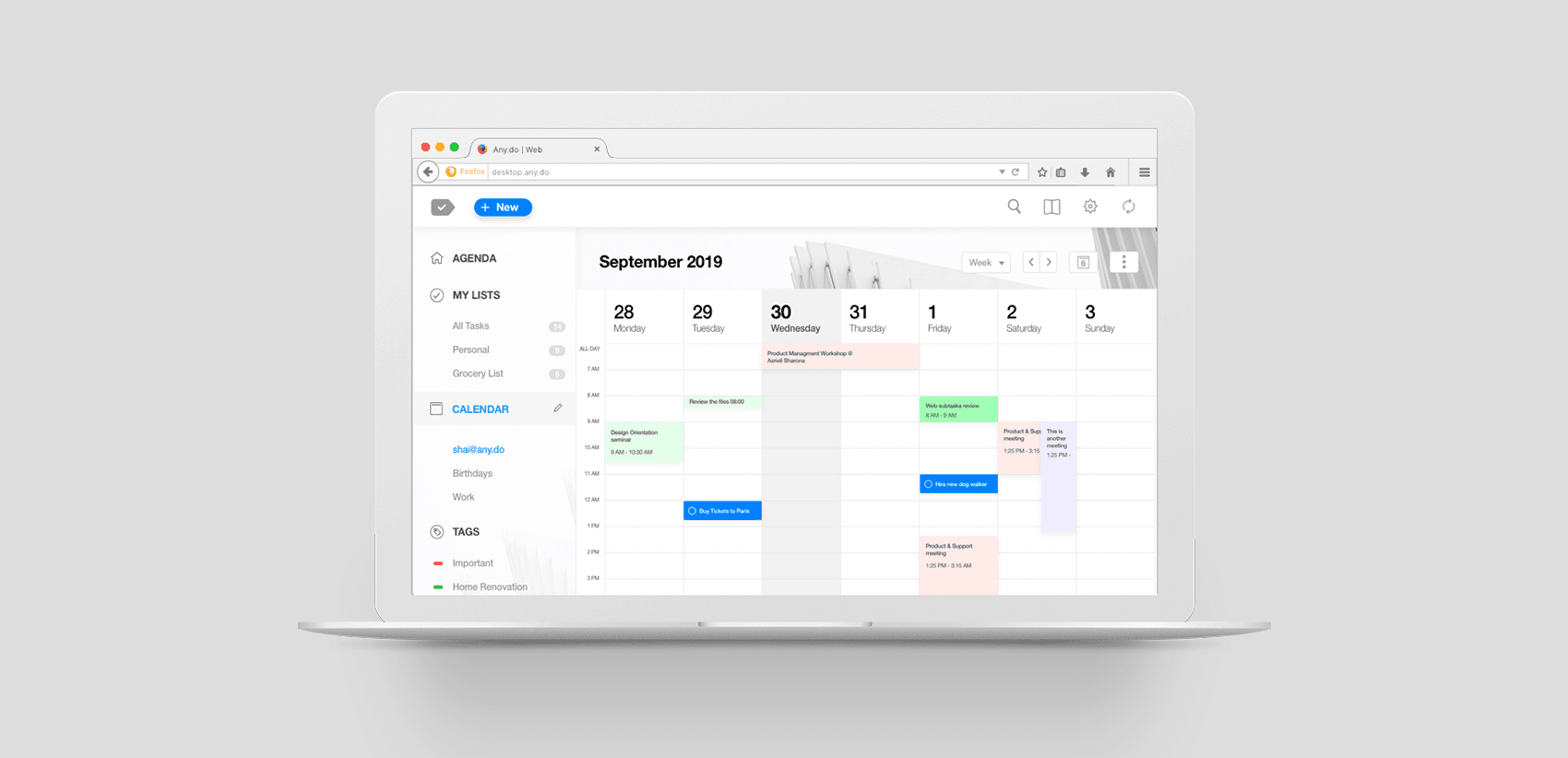
Any.do's localization process explained
Organizing a localization workflow that involves simultaneously managing thousands of translators may sound impossible. But Any.do is exceptionally effective at it.
First, they upload translation files to Lokalise so that translators can get to work. Then, if necessary, the support team communicates with translators, provides them with instructions and answers their questions.
Usually, Any.do translations are carried out by its users and active community members. However, if it's something time-sensitive or if a specific language lacks translators, the team orders professional translation services.
Finally, when translations are finished, the files are automatically exported to Any.do's code repository.
''One of the benefits is that this process doesn't involve much manual work. We wanted our app release and development process to be frictionless and seamless. With Lokalise, that's doable.''
Small things that build up a great customer experience
Any.do has been using Lokalise since 2015 and are satisfied with their choice.
''I love that you guys keep adding new features,'' Perchik points out. ''For example, a few days ago we were talking about how some languages, such as Russian and German, can sometimes have very long translations. And soon after we discovered an option to limit the number of characters a translator can input. These kinds of small things show that you're receptive to customer feedback.''
He also appreciates the quality of customer service, thanks to which the team can quickly solve any issues along the way to easily continue moving forward.
Key features used:
- Project chat
- User management
- Character limits
- Tasks
- Integrations
The platform is very clean and easy to navigate. On our own end, it's easy to onboard translators. That's a big plus.
Overall, Yoni thinks that the main benefit of using Lokalise is that it allows them to automate a lot of their localization processes and make them as simple and seamless as possible. So that when the team wants to release a new version of their app, nothing stands in their way.
Read more case studies
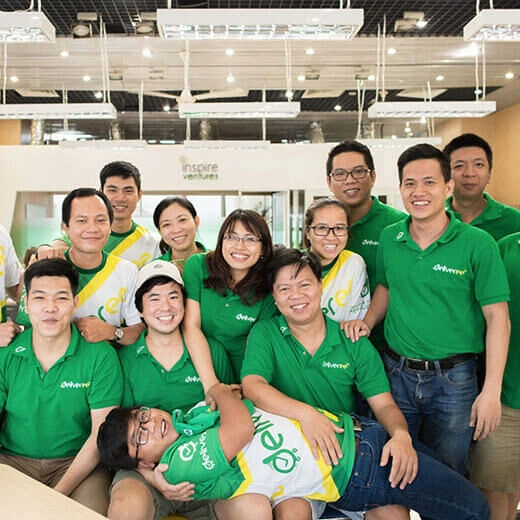
How Deliveree increased translation efficiency through automation by 80%
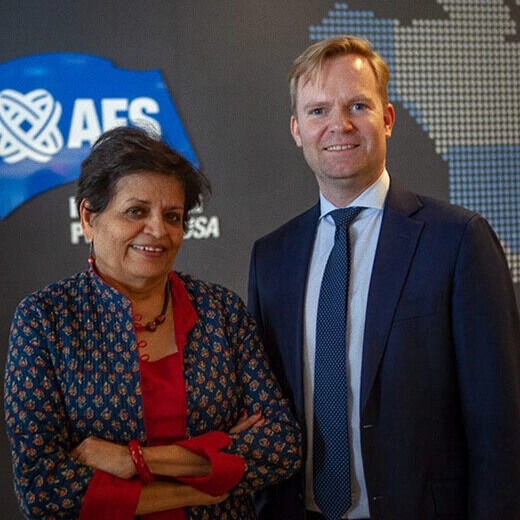
How AFS used Lokalise to bring order to chaos
Case studies
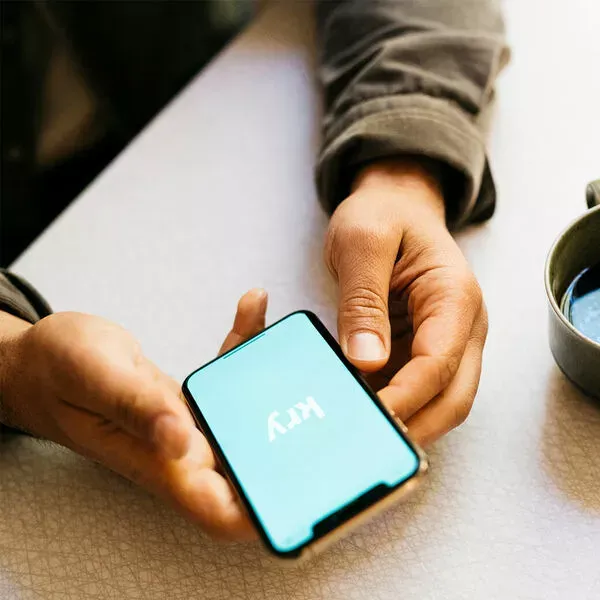
Behind the scenes of localization with one of Europe’s leading digital health providers
Read more Case studies
Support
Company
Localization workflow for your web and mobile apps, games and digital content.
©2017-2026
All Rights Reserved.
